Twitter to Activision Blizzard: We list biggest tech acquisitions of all time
Here we take a look at the biggest tech acquisitions of all time in the tech space.
 Top tech acquisitions till date. (File Image)
Top tech acquisitions till date. (File Image)Elon Musk’s Twitter acquisition has become one of the biggest deals in the tech world. The deal will see Musk acquire the microblogging platform for $44 billion. While $44 billion might sound like a very lucrative deal, tech companies have poured billions of dollars into acquisitions. Here we take a look at the biggest mergers in the tech space.
Microsoft buys Activision Blizzard ($68.7 billion)
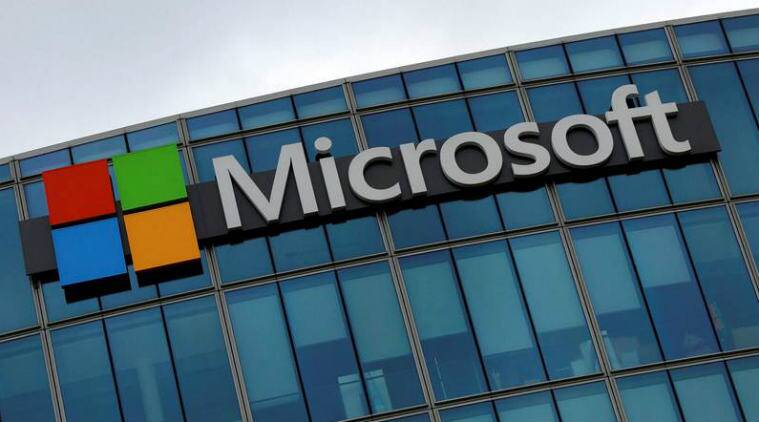 The acquisition is also seen as a major push for the metaverse. (Photo: Reuters)
The acquisition is also seen as a major push for the metaverse. (Photo: Reuters)
Microsoft in January announced it was acquiring gaming company, Activision Blizzard, for $68.7 billion. With this, Microsoft became the world’s third-largest gaming company by revenue, behind Tencent and Sony. The acquisition is also seen as a major push for the metaverse.
With the acquisition of Activision Blizzard, the company also acquired games such as Call of Duty, Warcraft, Candy Crush, Tony Hawk, Diablo, and Overwatch, among others. It should be noted that these games will be available on the Xbox console, they can be further tweaked to enable players to enter the virtual world of metaverse with the help of Microsoft’s Hololens.
Dell acquires EMC ($67 billion)
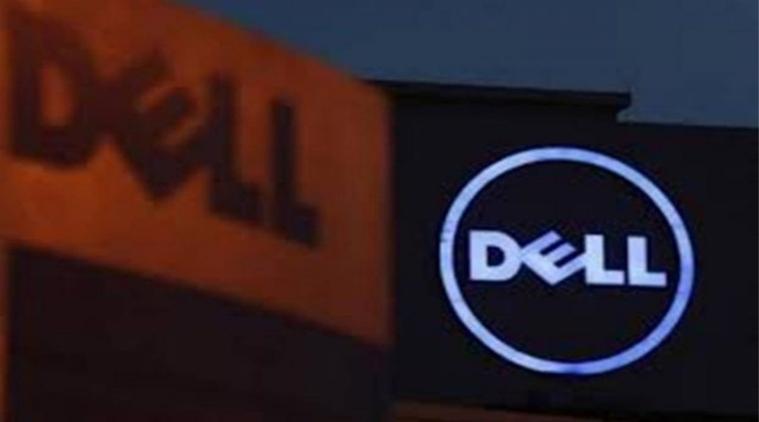 The acquisition marks Dell’s latest attempt to lessen its dependence on the PC industry. (File Photo)
The acquisition marks Dell’s latest attempt to lessen its dependence on the PC industry. (File Photo)
Dell bought data storage company EMC in 2015, for $67 billion. The acquisition marked Dell’s latest attempt to lower its dependence on the PC industry, as the demand for laptops weakened in 2016, due to the emerging popularity of smartphones and tablet devices.
Elon Musk’s Twitter acquisition ($44 billion)
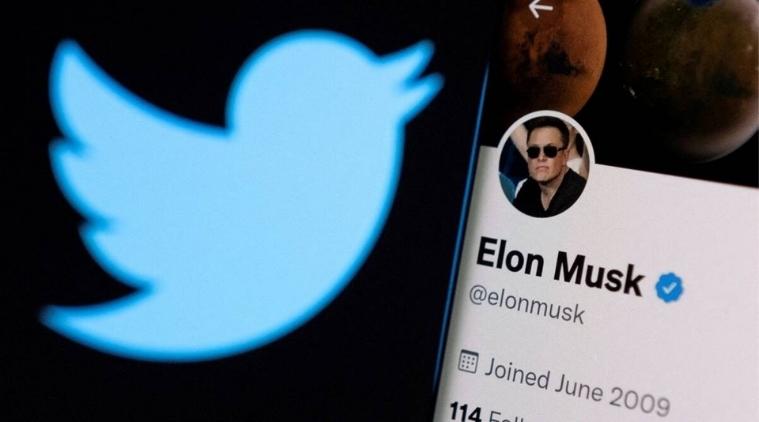 Musk had first announced a succession bid on April 13, and in SEC filing had called it his ‘best and final offer. (Source: Reuters)
Musk had first announced a succession bid on April 13, and in SEC filing had called it his ‘best and final offer. (Source: Reuters)
Elon Musk bought Twitter for roughly $44 billion — around Rs. 3,365 crore. The tech CEO had first announced a succession bid on April 13, he had called it his ‘best and final offer’.
Before the deal closes, which is expected by the end of 2022, shareholders and regulators in the US will have to weigh in and only then the deal will be finalised and signed off. It looks like the deal is off to a good start for Musk, given that Twitter’s board has unanimously approved his offer and is recommending shareholders do the same.
Avago Technologies acquires Broadcom ($37 billion)
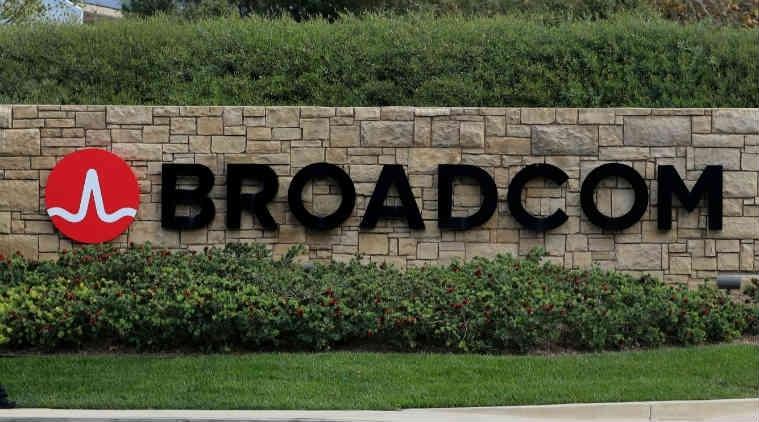 The company goes by the name Broadcom, but trades as Avago. (File Photo)
The company goes by the name Broadcom, but trades as Avago. (File Photo)
In 2015, Avago Technologies acquired Broadcom for $37 billion, making it the fourth-largest acquisition of all time. Now, the company goes by the name Broadcom, but trades as Avago. It is one of the largest suppliers of semiconductor chips in the US.
AMD buys chipmaker Xilinx ($35 billion)
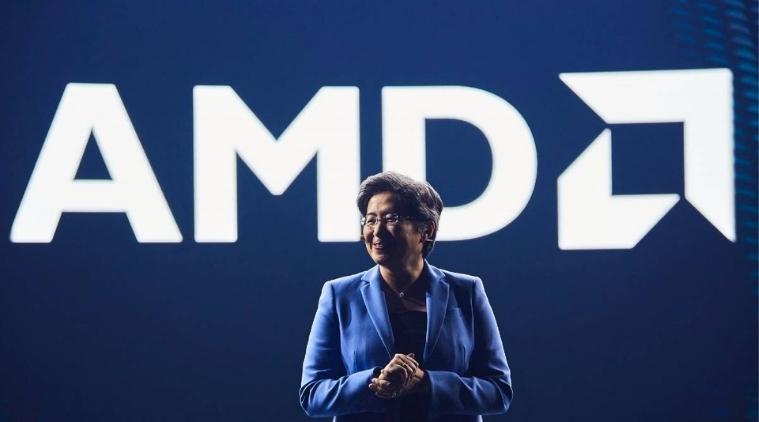 Xilinx investors received 1.7234 AMD shares for each Xilinx stock they own. (Photo: AMD)
Xilinx investors received 1.7234 AMD shares for each Xilinx stock they own. (Photo: AMD)
Advanced Micro Devices (AMD) bought Xilinx Inc. for $35 billion. Xilinx investors received 1.7234 AMD shares for each Xilinx stock they owned. The deal was a triumph for AMD as it wanted to make its research and development in chip-making even broader, to take on Intel corporation.
IBM’s Red Hat acquisition ($34 billion)
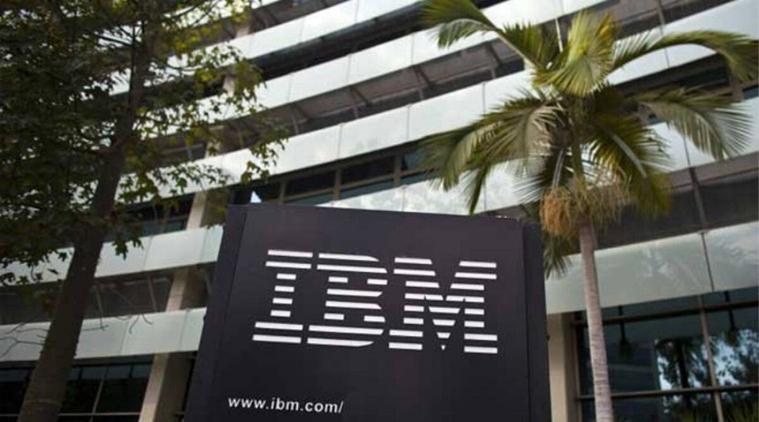 The transaction is by far IBM’s biggest acquisition. (File Photo)
The transaction is by far IBM’s biggest acquisition. (File Photo)
In 2019, IBM and Red Hat announced the transaction under which IBM acquired all of the issued and outstanding common shares of Red Hat for $190.00 per share in cash, representing a total equity value of approximately $34 billion. The transaction is by far IBM’s biggest acquisition.
Softbank bought Arm ($31 billion)
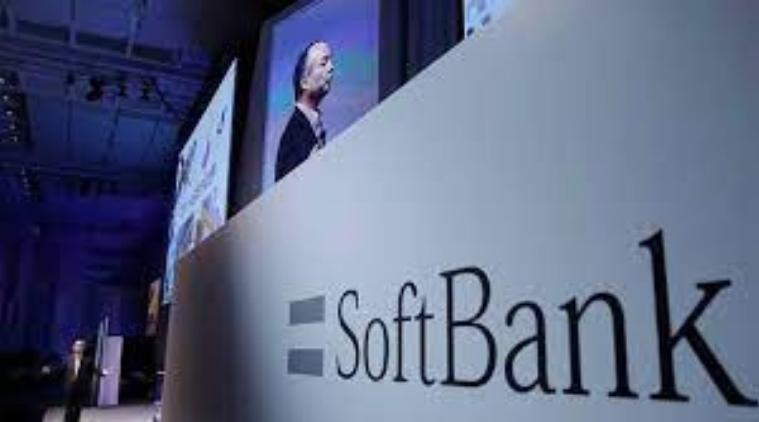 In 2020, SoftBank decided to sell Arm to help shore up its finances. (Photo: AP)
In 2020, SoftBank decided to sell Arm to help shore up its finances. (Photo: AP)
SoftBank acquired Arm for $31 billion in 2016. Notably, Arm’s technology powers Apple’s iPhone and nearly all other smartphones.
However, in 2020, SoftBank decided to sell Arm to help shore up its finances after losing money on other investments, including shared office space firm WeWork and ride-hailing platform Uber.
Salesforce acquires Slack ($27.7 billion)
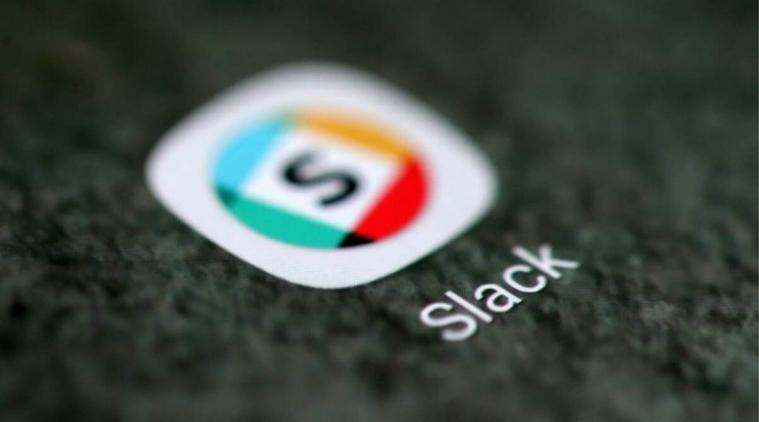 The transaction is Salesforce’s largest-ever acquisition. (File Photo)
The transaction is Salesforce’s largest-ever acquisition. (File Photo)
Salesforce.com acquired Slack Technologies Inc. for $27.7 billion in cash and stock in 2020. With this acquisition, the corporate software giant took over one of the most popular workplace-communications platforms. The transaction is Salesforce’s largest-ever acquisition till date.
LinkedIn bought by Microsoft ($26.2 billion)
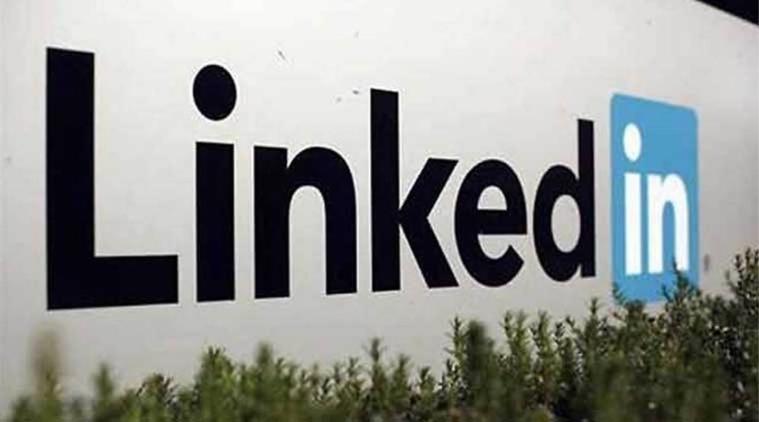 The move allowed Microsoft to reach LinkedIn’s massive user base. (Photo: LinkedIn)
The move allowed Microsoft to reach LinkedIn’s massive user base. (Photo: LinkedIn)
Microsoft’s $26.2-billion acquisition of LinkedIn aimed to grow the professional networking site and integrate it with Microsoft’s enterprise software, such as Office 365. The move allowed Microsoft to reach LinkedIn’s massive user base and put Microsoft’s sales and distribution heft behind what was already the world’s largest and most successful social network.
Facebook’s WhatsApp acquisition ($21.8 billion)
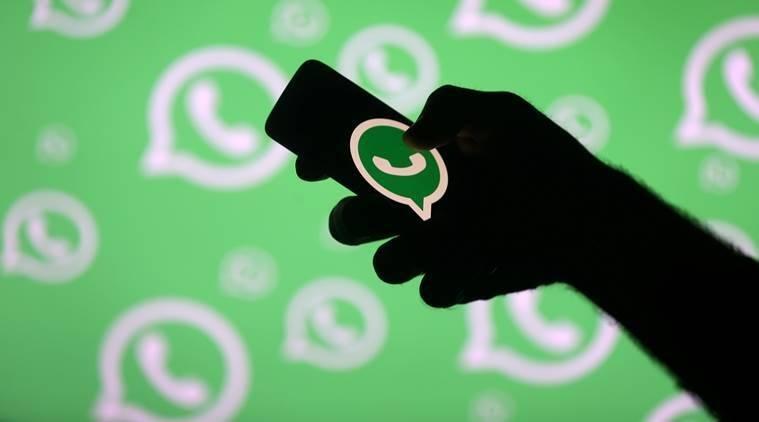 The world’s biggest social networking company said that it is paying $12 billion in Facebook stock and $4 billion in cash for WhatsApp. (File Photo)
The world’s biggest social networking company said that it is paying $12 billion in Facebook stock and $4 billion in cash for WhatsApp. (File Photo)
Facebook, in 2014, bought the instant messaging service platform WhatsApp for $21.8 billion in cash and stock eventually, though initially the price set was $19 billion. But once Facebook stock prices soared, it meant that the company paid much more to acquire WhatsApp. Meta (formerly Facebook Inc) had said it would pay $12 billion in Facebook stock and $4 billion in cash for WhatsApp. In addition, the app’s founders and employees, a total of 55, were granted stocks worth $3 billion.






